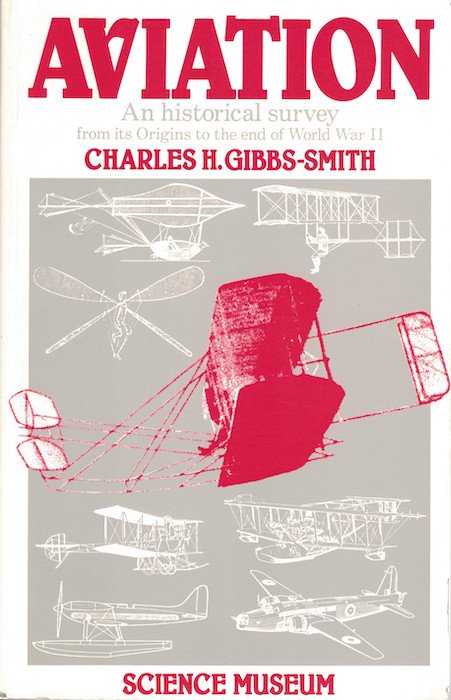
Bombs, ‘Bomber’, and bombers (among other aircraft).
Adey, Peter, David J. Cox, and Barry Godfrey. Crime, Regulation and Control During the Blitz: Protecting the Population of Bombed Cities. London: Bloomsbury Publishing, 2017. The subtitle here is slightly misleading, as this focuses on just one city, Liverpool; and while it certainly draws on evidence from other cities (mainly London, of course) as well as national statistics, there’s not much in the way of broader generalisations or a theoretical foundation (which surprised me a little). But don’t let that quibble dissuade you: it otherwise does as it says on the tin, and it does it very well. Indeed, it’s an excellent empirical, archival study of how the Blitz affected urban characteristics and experiences such as crime (looting, black/grey markets, juvenile) and mobility (including evacuation and trekking), as well as how the authorities attempted to control same. Well-illustrated (not even counting the graphs) and very readable, especially considering that’s it’s academic and analytical.
Gibbs-Smith, Charles Harvard. Aviation: An Historical Survey from Its Origins to the End of World War II. 2nd edition. London: Her Majesty’s Stationery Office, 1985. This is something of a classic (and old-school: French quotations are nearly always untranslated), in more ways than one. Gibbs-Smith spent a couple of decades in charge of public relations at the V&A, which seems then to have been much more research-oriented than it sounds, but his true passion was for the history of aviation. He was an expert particularly on the evolution of heavier-than-air flight (which in fact what he means by ‘aviation’ in the title, as opposed to ‘aerostation’) and his account here of the period from Cayley on to the start of the First World War is masterly. Before that, it’s a not much more than a chronicle (though this is still useful, since it’s a neglected period), and after there’s too much aviation for him to do justice to it all. He’s perhaps a bit too teleological — if something does not lead directly to powered, controlled flight then he’s pretty dismissive (chauffeurs!) — but he’s fully persuasive on how and why the Wrights got there first. And if you want to know your Lilienthals from your Pilchers, who invented the aileron and why, and who invented airmindedness (Henson?), then this is the book for you. (Just make sure you’ve got a magnifying glass handy for all of the tiny little aeroplane pictures.)
Probert, Henry. Bomber Harris: His Life and Times. London: Greenhill Books, 2001. This has some of the typical virtues of biography, as well as some of the faults. There’s disappointingly little on how Harris became bomber-minded – a few pages on his flying career in the First World War, a few more pages on his command in Iraq in the 1920s (including his conversion of Vernon transports into bombers using ad hoc bomb racks and a hole cut in the nose for a bombsight), almost nothing on any intellectual influences (it’s frustrating to learn that he was widely read in military history, but not what he might have read), though clearly Trenchard cultivated him later in his career. What it is good on is the broader arc of his RAF career as well as his family life and his postwar business career (shipping, not aviation!) It’s good on his personality, which was difficult in all the ways I’d imagined (he always fought his corner; he was temperamentally unable to see anyone else’s point of view) but more genial in others (he was much kinder personally than his gruff reputation suggested; once he was given an order he followed it conscientiously, even if he’d been arguing against it until he was blue in the face). And there is, as you’d expect, a lot on Harris’s time as commander in chief of Bomber Command, not excluding the various controversies he found him entangled in. Probert’s judgements are pretty judicious, I thought; he’s not blind to his subject’s faults, though he does perhaps excuse them a little much. Even if it’s not the biography I wanted to read, I think it does do Harris justice.
![]() This work is licensed under a Creative Commons Attribution-NonCommercial-NoDerivatives 4.0 International License.
Permissions beyond the scope of this license may be available at http://airminded.org/copyright/.
This work is licensed under a Creative Commons Attribution-NonCommercial-NoDerivatives 4.0 International License.
Permissions beyond the scope of this license may be available at http://airminded.org/copyright/.



